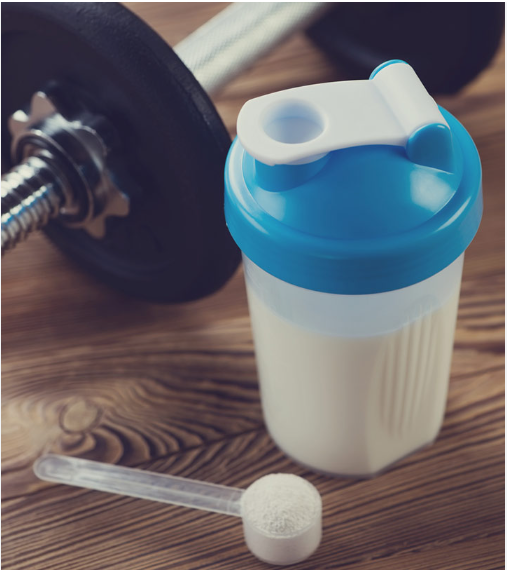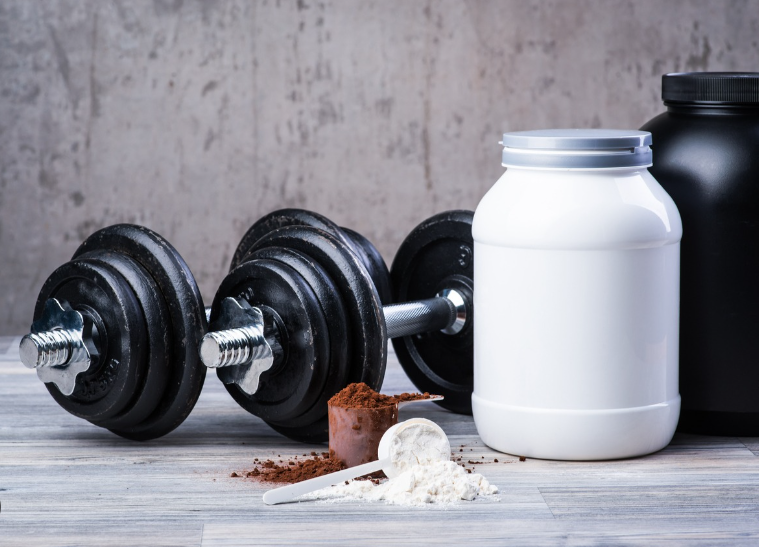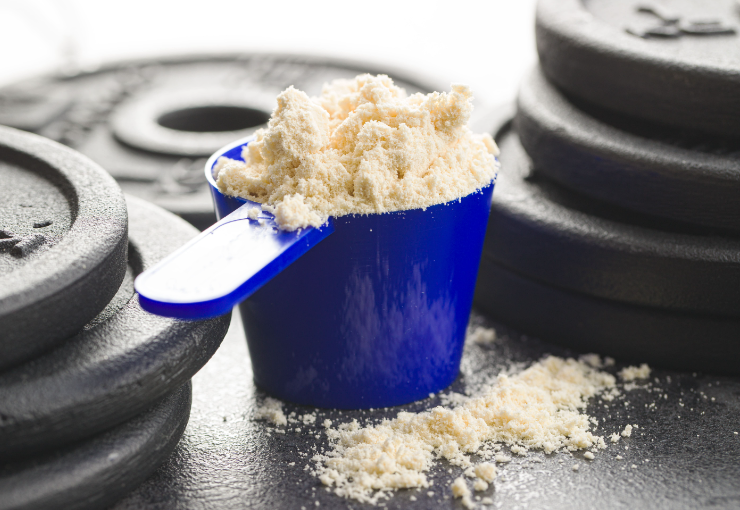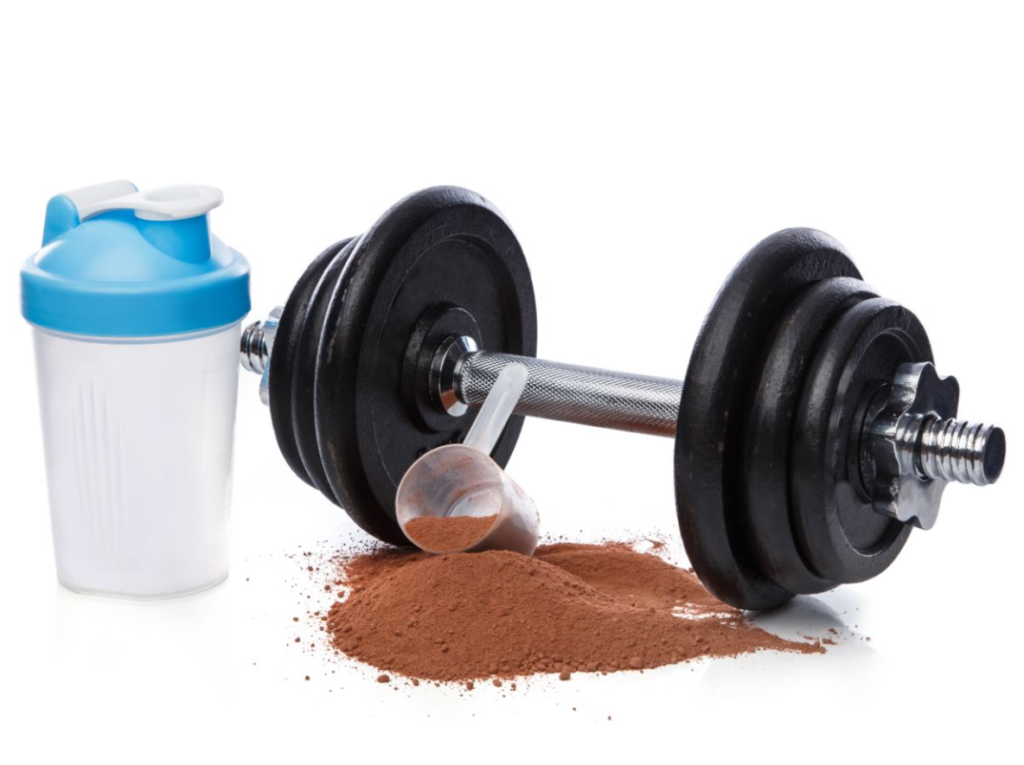Explore how protein powder can be a game-changer in your weight gain journey. Learn about its benefits and how to use it effectively.
In the realm of fitness and nutrition, the question often arises: is protein powder beneficial for weight gain? It’s a topic that has stirred numerous discussions among health enthusiasts, athletes, and fitness experts alike. In this comprehensive article, we aim to explore the intricacies of protein powder and its role in facilitating weight gain.
Understanding the Basics of Protein Powder
Protein powder is a concentrated source of protein derived from various sources, such as whey, casein, soy, pea, or hemp. Proteins, composed of amino acids, are the building blocks of our body, playing a crucial role in muscle development, repair, and overall cellular function. While protein powder is commonly associated with muscle building and recovery, its impact on weight gain extends beyond mere muscle mass.
ALSO READ: The Top 6 Masala Chais For Improved Digestion And Immunity

The Role of Protein in Weight Gain
Building Lean Muscle Mass
One of the primary benefits of incorporating protein powder into your diet is its ability to aid in building lean muscle mass. Consuming an adequate amount of protein is essential for anyone looking to gain weight in a healthy and controlled manner.

Boosting Metabolism
Contrary to the misconception that protein powder exclusively contributes to muscle gain, it also plays a vital role in boosting metabolism. A higher metabolism facilitates efficient calorie utilization, preventing excess calories from being stored as fat. This is particularly beneficial for those aiming to gain weight while maintaining a lean physique.

Choosing the Right Protein Powder for Weight Gain
Whey Protein
Whey protein is renowned for its rapid absorption, making it an ideal choice for individuals seeking quick muscle recovery and growth. It contains a complete amino acid profile, promoting optimal muscle protein synthesis.

Casein Protein
On the other hand, casein protein is absorbed more slowly, providing a sustained release of amino acids. This can be advantageous for those looking to maintain a positive nitrogen balance throughout the day, supporting overall muscle growth.
ALSO READ: Drink Ginger Water On An Empty Stomach In The Morning For These Reasons!

Plant-Based Proteins
For individuals following a vegetarian or vegan lifestyle, plant-based protein powders like soy, pea, or hemp can be excellent alternatives. These options offer a diverse amino acid profile while addressing specific dietary preferences.

Incorporating Protein Powder into Your Diet
Meal Replacement Shakes
For those struggling to meet their daily caloric requirements, incorporating protein powder into meal replacement shakes can be a convenient and efficient way to increase overall caloric intake.

Pre and Post-Workout Nutrition
Utilizing protein powder as part of pre and post-workout nutrition can enhance muscle protein synthesis, aiding in the effective utilization of calories consumed.

In conclusion, protein powder can indeed be beneficial for weight gain when incorporated strategically into a well-balanced diet and fitness routine. Its role extends beyond muscle building, encompassing metabolism support and overall nutritional enhancement. Choosing the right type of protein powder based on individual goals and preferences is crucial for maximizing its benefits.
ALSO READ: 5 Best Fat-Burning Cardio Exercises For Women Over 40
Click here, to check out HNN’s latest post.
Image source: Google, Instagram




































